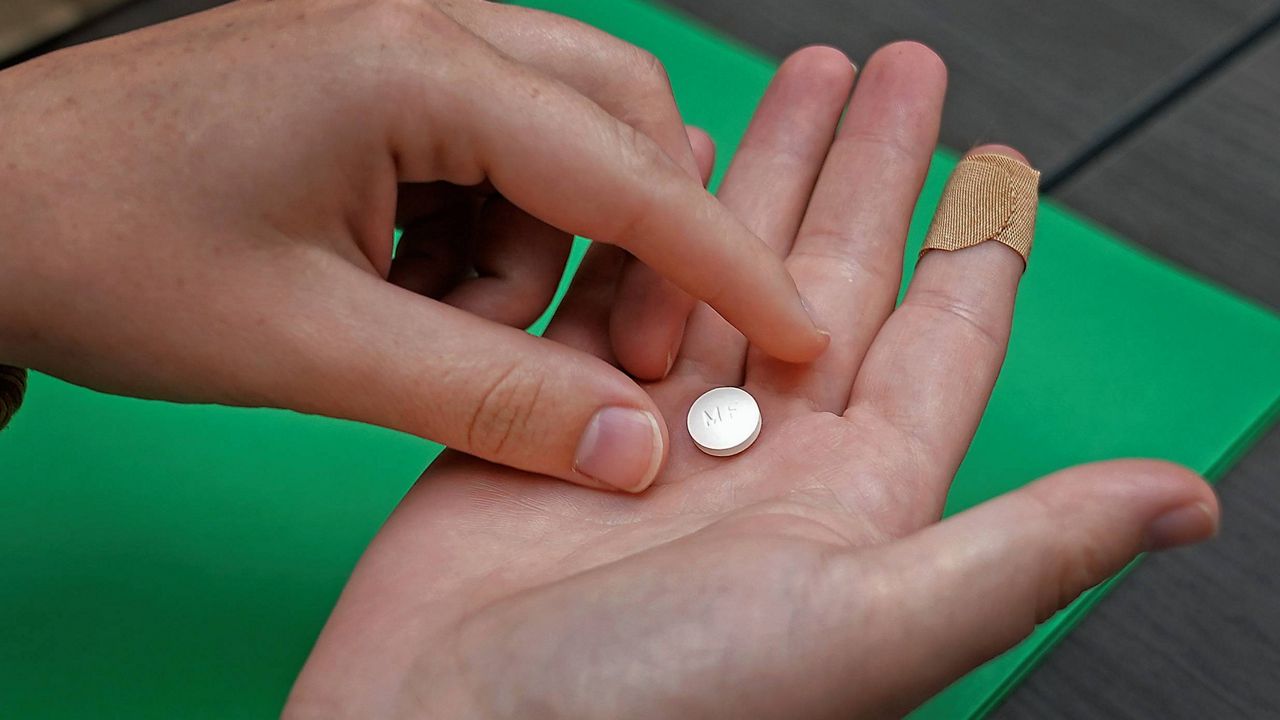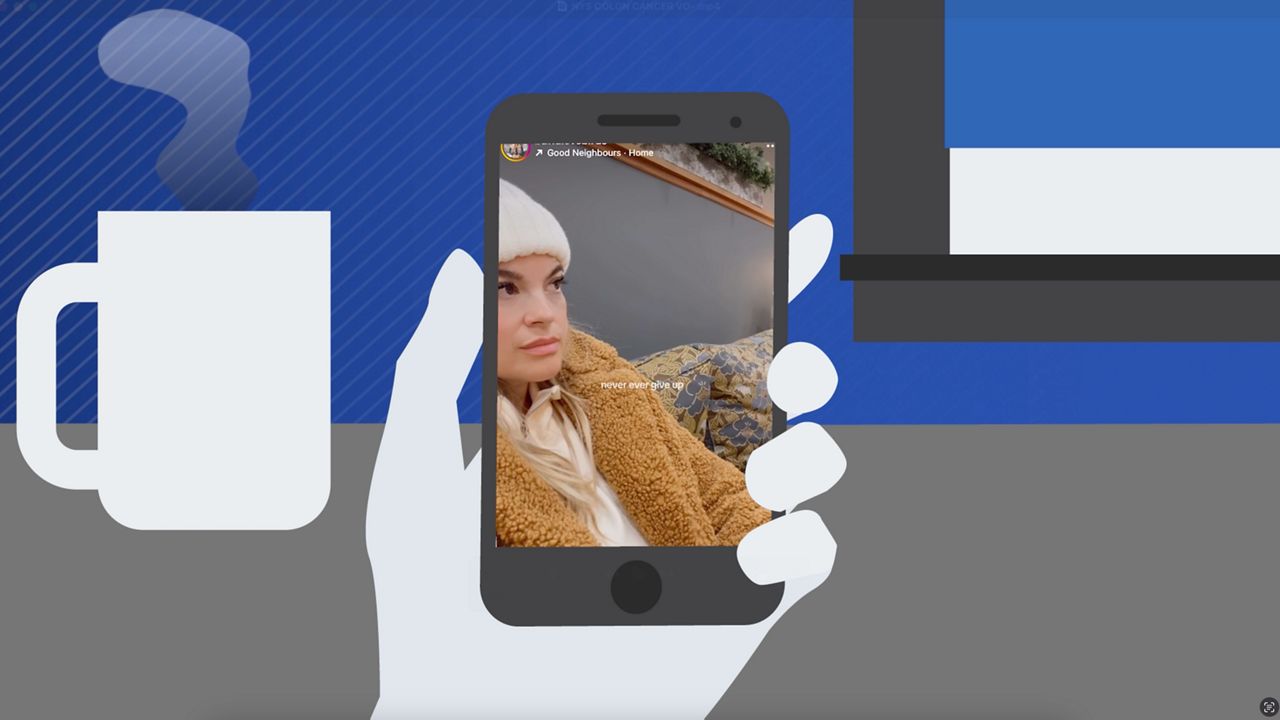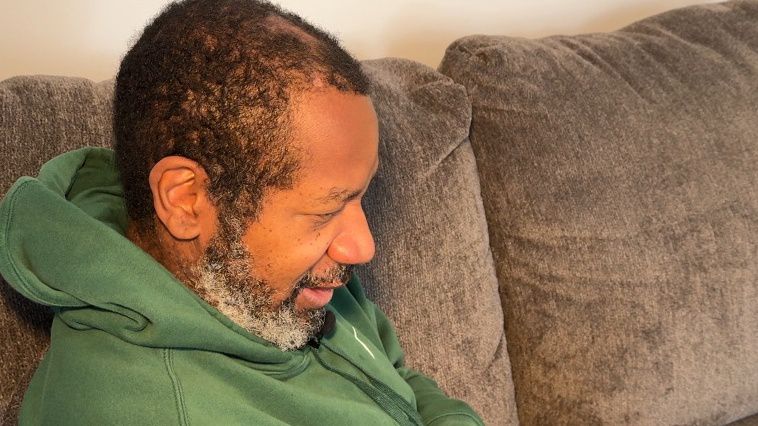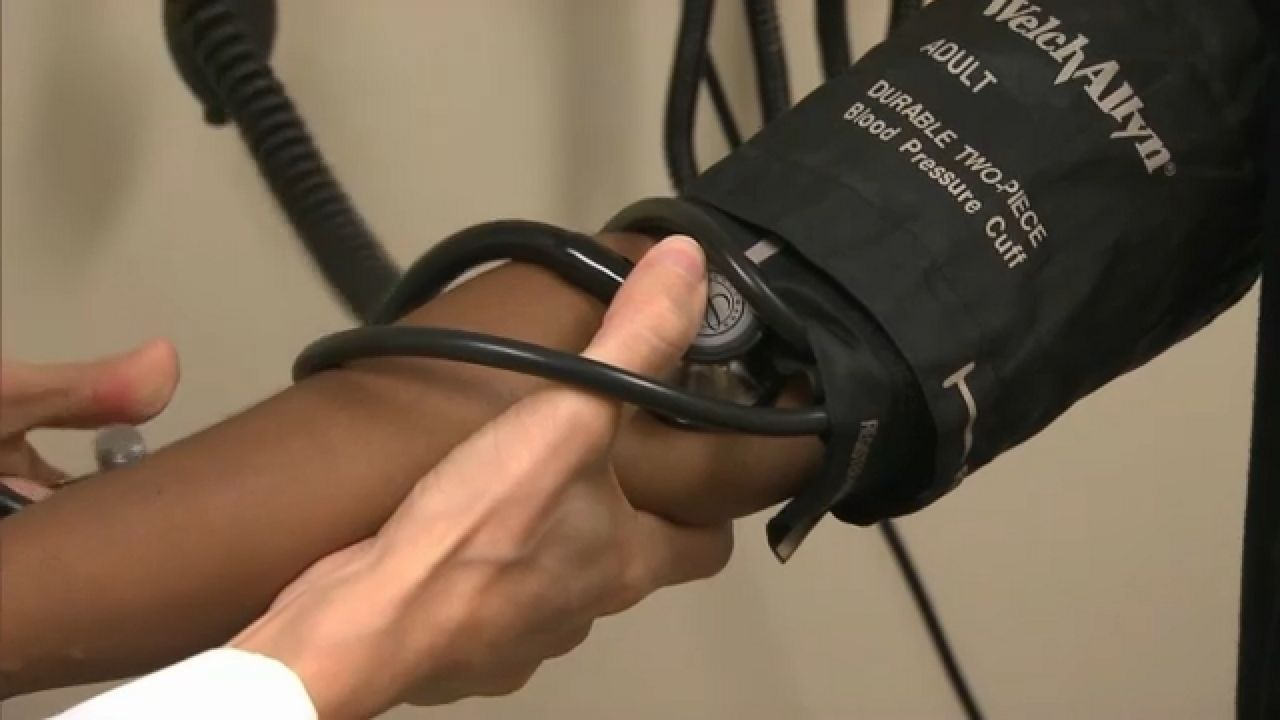When the clocks went an hour back and the sun went down, you may have noticed your mood did, too. This is a time of year when many people are impacted by seasonal affective disorder, a type of depression that’s related to changes in seasons.
Melissa Bianchini is bringing people back to the light at Sensory Stepping Stone in Hopewell Junction. For the last 10 years, she’s helped people suffering from Seasonal Affective Disorder light therapy.
What You Need To Know
- Seasonal affective disorder is a form of depression that occurs one season a year; it is most common during the fall and winter months
- According to the Cleveland Clinic, about 5% of adults in the U.S. experience SAD
- A Hopewell Junction business uses light therapy to combat SAD
She says her clients will come in two to three times a week for a 20-minute light therapy session in order to feel a little bit better, almost like a cup of coffee.
SAD is a form of depression that occurs one season a year. It is most common during the fall and winter months. Dutchess County Deputy Commissioner for Behavioral and Community Health Jean-Marie Niebuhr says this form of depression is very common.
“As the days become shorter and we have less and less sunlight, people will start to experience some signs and symptoms of depression,” Niebuhr said.
According to the Cleveland Clinic, about 5% of adults in the U.S. experience SAD. Niebuhr says common symptoms include fatigue, lack of motivation, loss of appetite and sleep, and no desire to participate in regular activities.
This is why Bianchini says light therapy is a key treatment for SAD, using red light therapy as well as syntonic phototherapy.
“The light is helping through the eyes. We're getting more blood flow and we're affecting the pineal gland and the hypothalamus to help that chemical imbalance, producing more serotonin and reducing the melatonin,” said Bianchini.
She claims there is a visible change in her clients after going through light therapy.
“Afterwards, we can see that they have more motivation; they may have more energy levels,” said Bianchini. “Maybe now they're willing to go out with their friends on a Friday night or they feel like they're more productive at work.”
Deputy Commissioner Niebuhr suggests the keys to defeating depression include keeping a schedule and having a routine.
“Depression might say to you, ‘you want to stay in bed all day,’ but it's important to make sure that you get up out of bed, you take a shower, you go to work,” she said.
But the most important thing anyone dealing with SAD needs to remember, they say, is that they are not alone and there are resources and help available.










